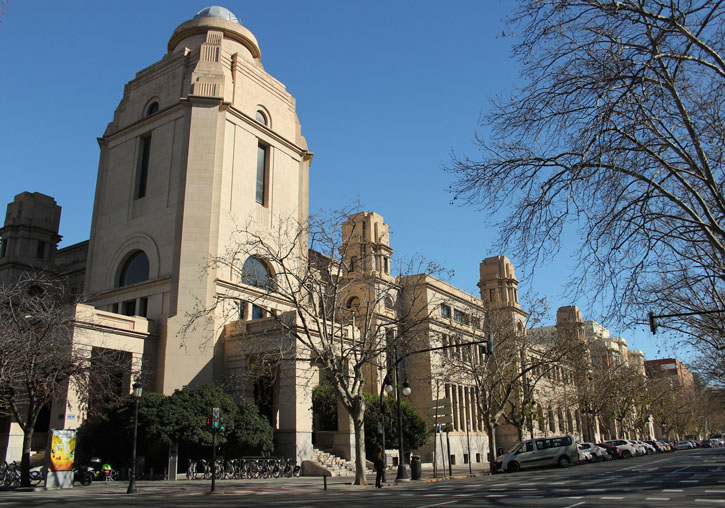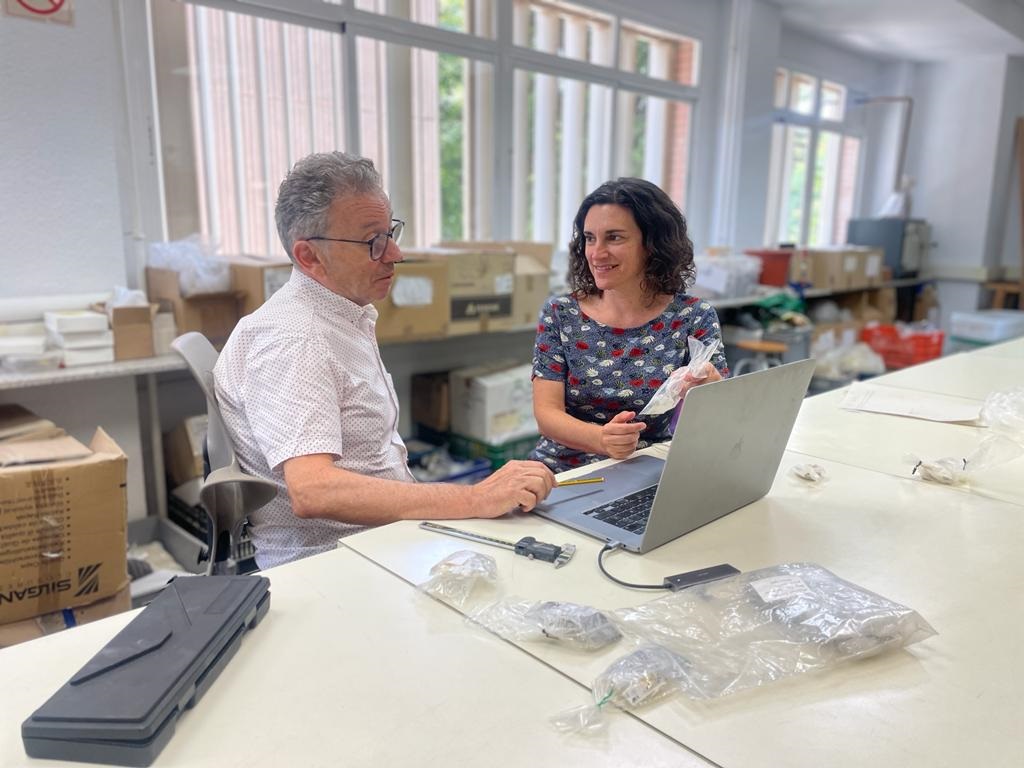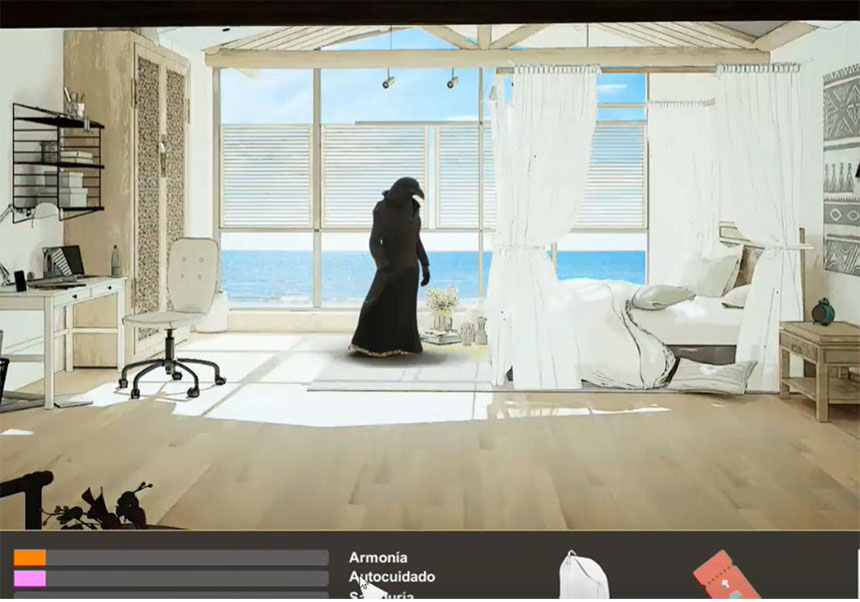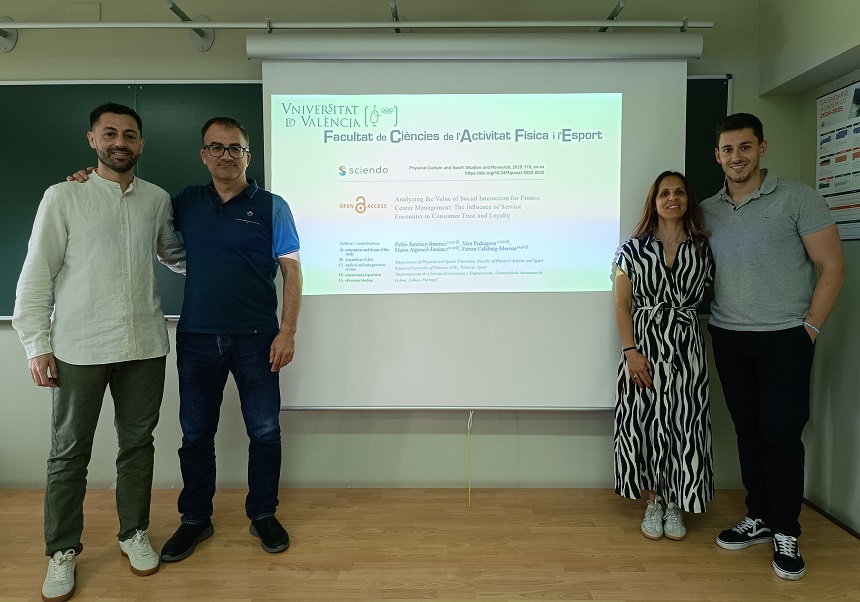The University of Valencia obtains more than eight million for seventeen research projects of excellence in eleven areas of knowledge
- Scientific Culture and Innovation Unit
- September 7th, 2022

The University of Valencia (UV) will receive a total of 8,295,604.24 euros in four years to finance seventeen research projects in eleven areas of knowledge, within the framework of the aid of the Prometheus program of the Ministry of Innovation, Universities, Science and Digital Society, for research groups of excellence between the years 2022 and 2025. Environmental Sciences and Technology, Physics, Psychology, Biomedicine, History and Archaeology, and Biosciences and Biotechnology are some of the areas with more funded projects for the UV. Seven of the institution’s 17 grants have a woman as their first main researcher.
The Resolution of the General Directorate of Science and Research stipulates that the University of Valencia will receive a total of 1,879,197.56 euros this year; 2,138,661.63 the following year; 2,137,231.89 in 2023 and 2,140,513.16 in 2025. It is the Valencian centre that has the most approved projects and receives the most funds. This program provides grants with the aim of identifying and helping R+D+I groups of excellence (Prometheus) in the Valencian Community, and promoting their international projection and knowledge transfer. They are aimed at Valencian research centres and are carried out by groups led by one or two main researchers, who will act as grant applicants. They have a maximum duration of four years and a maximum amount of 150,000 euros per year.
Among the projects funded in the resolution of July 11 are the project of Yolanda Carrión and Emili Aura (of the Department of Prehistory, Archaeology and Ancient History), the only one among all Valencian universities in the area Studies of the past, which will deal with how human populations at the end of the Palaeolithic and Mesolithic faced the paleoclimatic fluctuations of the period.The proposal of Javier Vijande, professor of Atomic, Molecular and Nuclear Physics, and researcher at the Institute of Corpuscular Physics (IFIC) also received funding. This, in the area of Medical Physics, will work for the improvement and personalisation of conventional radiotherapy and proton therapy, a revolution in the precision treatment of cancer patients.
In Law, the proposals presented by PilarGarcía and Javier Palao receive help; in Psychology, those of professors Marisol Lila and Rosa MaríaBaños; and in Information and Communications Technologies, presented by Gustau Camps, professor of Electronic Engineering at the UV and Maria Piles, Ramon yCajal researcher at the Image Processing Laboratory.
The two projects presented by the Full Professors of Genetics at the University of Valencia Fernando González (with Concepción Gimeno) and Andrés Moya have also received funding. Regarding the area of Biomedicine, the funded projects are those of the full professors of the Department of Paediatrics, Obstetrics and Gynaecology Antonio Pellicer and José Remohí; that of Juan Vicente Esplugues and María Dolores Barrachina, from the Department of Pharmacology; and the proposal of Elena Ruiz and Juan Viña, both from the Department of Biochemistry and Molecular Biology.
In physical sciences, the proposal led by AmparoTórtola and Gabriela Baremboin, from Theoretical Physics, receives support. In Materials Science and Technology Daniel Errandonea and Ana Cros have received the Prometheusgrant, while in Environmental Science and Technology the proposals of the professor of the Department of Preventive Medicine and Public Health Yolanda Picó are supported; as well as that of José Moreno and Maria Antonia Rodrigo, from the Department of Microbiology and Ecology of the UV.
Salvador Pons Borderia (in the area of Mind, language and thinking) and Enrique García-España and María Teresa Albelda (area of Chemical Sciences and Technologies) have also received this grant.
Call
In the call for the Prometheus program this year 2022, a total of 76 applications from groups of excellence have been submitted, of which a total of 50 grants have been awarded, which means the maximum number of beneficiaries provided for in the call. A total of 44 of the subsidised research groups are attached to the five Valencian public universities (17 from the University of Valencia) and 6 belong to other Valencian research bodies, such as the Valencian Institute of Agricultural Research (IVIA), the Institute of Health and Biomedical Research of Alicante (Isabial), the foundation of the Valencian Community Príncipe Felipe Research Centre and the Superior Council of Scientific Research (CSIC).
Annex photo caption: Yolanda Carrión and Emili Aura.



















